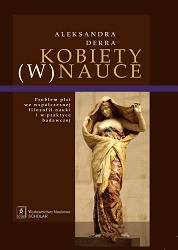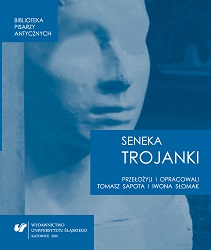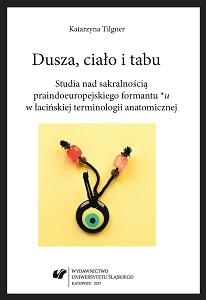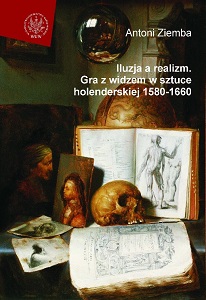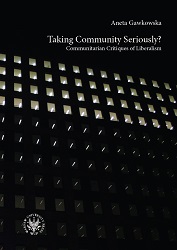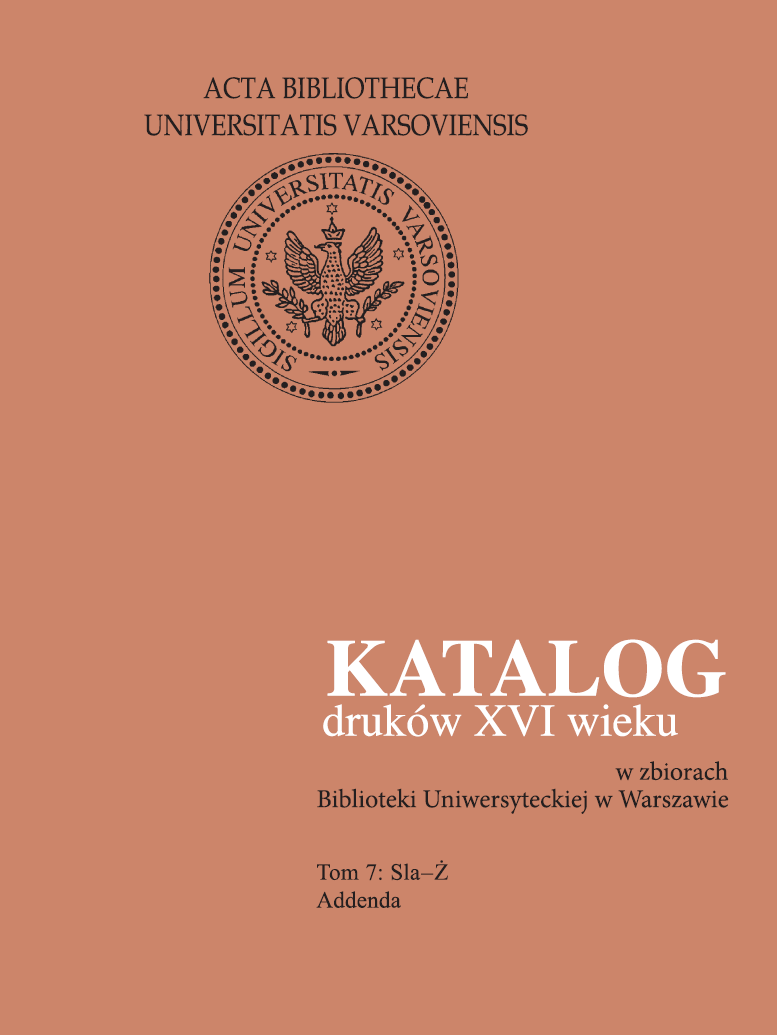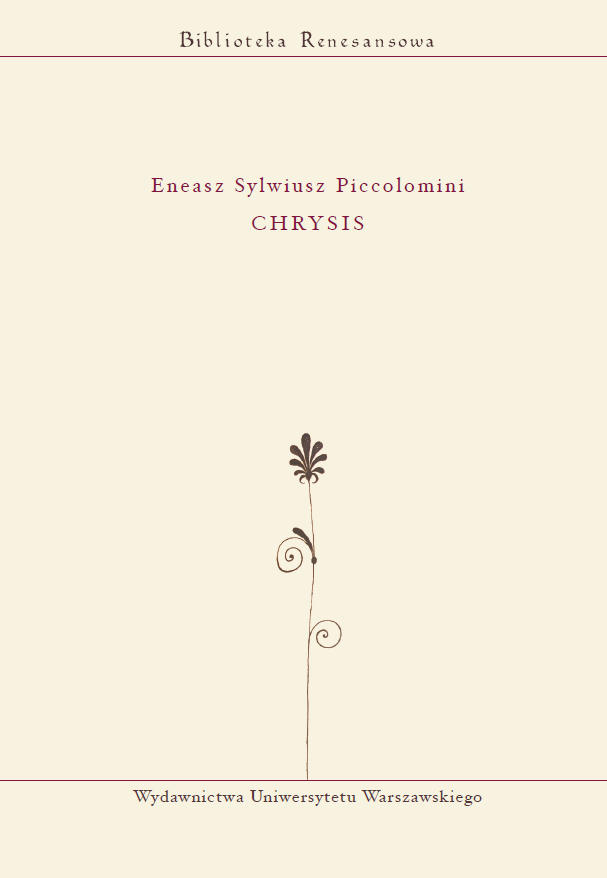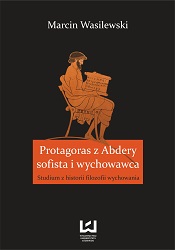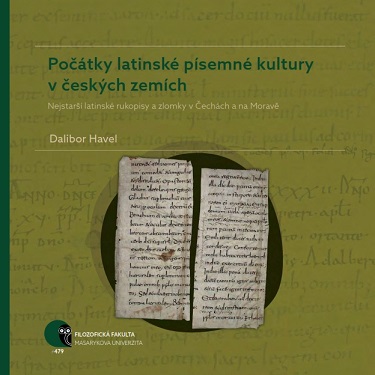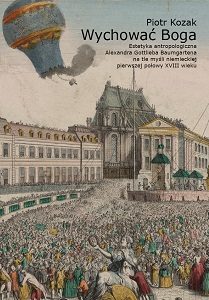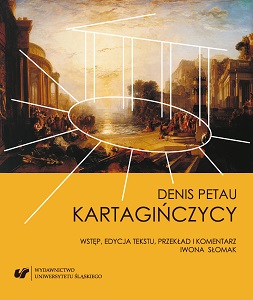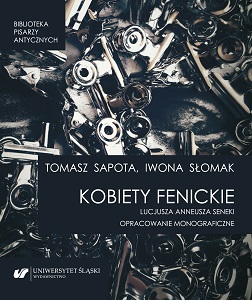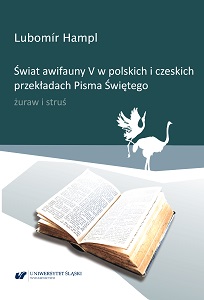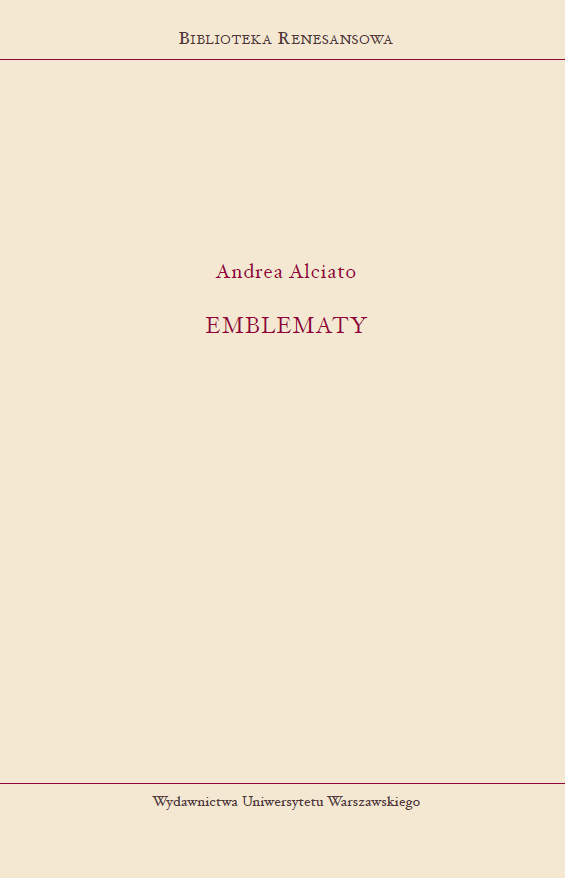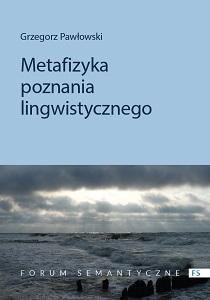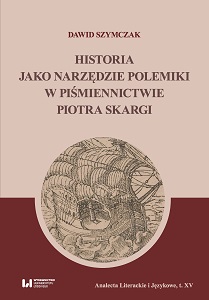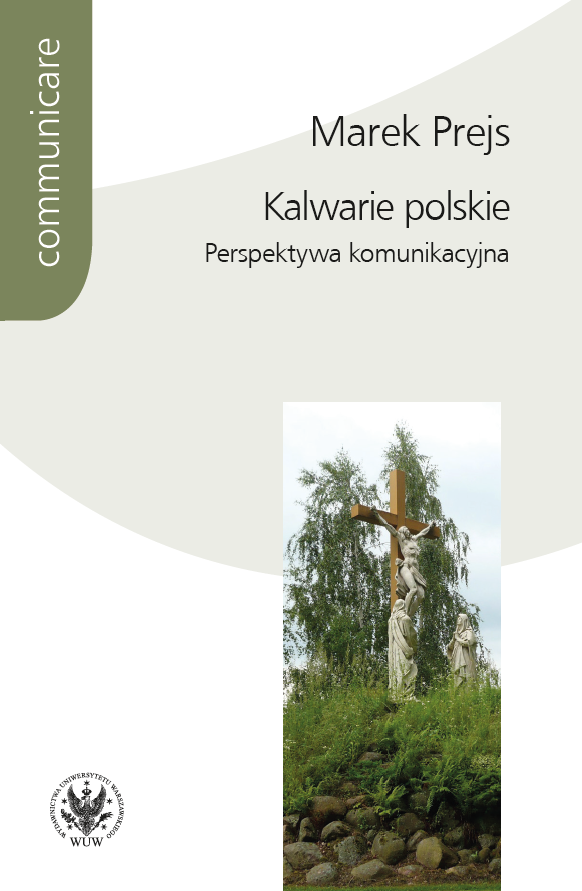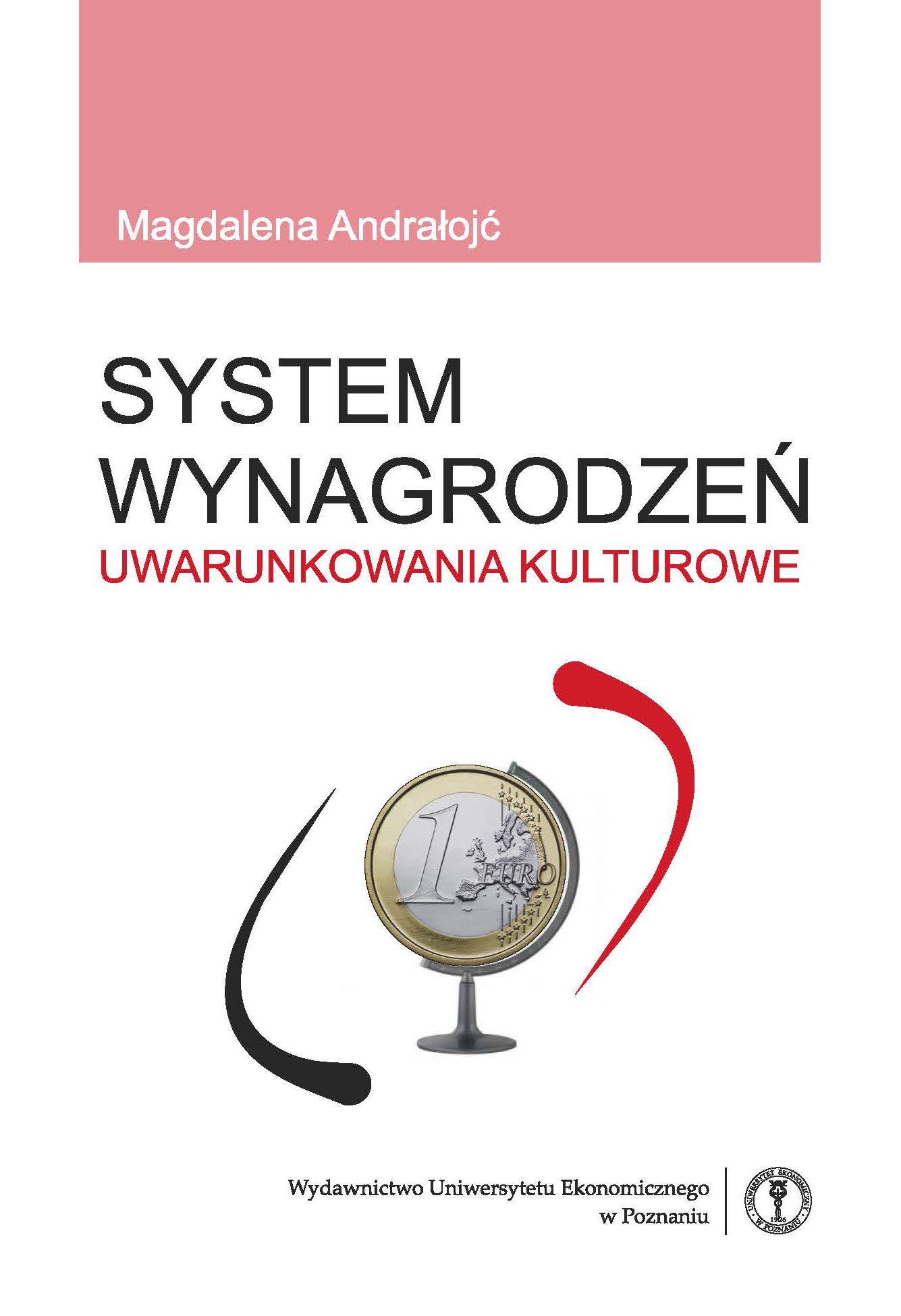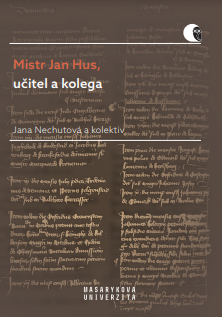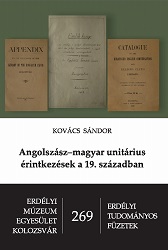
English and Hungarian Unitarian Relations in the 19th Century
Angolszász-magyar unitárius érintkezések a 19. században
Keywords: relations between unitarians; ecumenical Christianity;
The theme of this thesis is the history of Anglo-Saxon and Hungarian Unitarian relations in the 19th century. For the last few decades scholarly research of Hungarian–English Unitarian connections has been almost completely neglected.The lack of academic interest could be explained, at least partly, by the insularity of both religious groups. The research material is scattered in the archives and libraries of Oxford, Manchester, and Kolozsvár. The author had the privilege of researching not just the libraries and archives of Kolozsvár (Transylvania), but also the Library of Harris Manchester College, Oxford, and the John Rylands Library, Manchester.The investigational method of the thesis could be labeled as late positivist, and I will agree with such a designation, although my thesis yields new evidence on the impact of Anglo-Saxon Unitarianism on Transylvanian theological thought and ecclesiastical-political life. I am aware that the rich field of English-Hungarian connections embodied in the two small religious denominations must be explored from other perspectives, too. As a Unitarian I might be prejudiced concerning the role this denomination played in 19th century society in England and Transylvania, but I am convinced that the results of my research are relevant to wider issues in the history of Anglo-Hungarian relations.During the preparation, I have read hundreds of pages of English and Hungarian correspondence, minutes, journals, and articles. As well as many Hungarian periodicals – including Keresztény Magvető (Christian (Seed-)Sower), Unitárius Élet (Unitarian Life), Unitárius Közlöny (Unitarian Bulletin) − I used the most important English and American Unitarian Journals: The Monthly Repository, The Christian Reformer, The Inquirer, The Christian Life, The Unitarian Herald, The Christian Register, The Christian Examiner and Theological Review, The Monthly Religious Magazine, The Unitarian Review, The Christian Inquirer, Old and New, Monthly Journal. I used a linear chronology in order to incorporate the overwhelming abundance of periodicals, miscellanies and minutes, as well as manuscripts in the thesis. This means that the backbone of the book is a historical chronology of the 19th century Transylvanian Unitarian Church which is fleshed out by the series of events proceeding from English-Hungarian connections..The content of the book is composed of three major parts. The first is entitled “The evolution of Hungarian–English–American Unitarian Relations from 1821 to 1848.”In this, I present a key document, a printed Latin text, sent to Kolozsvár from the Unitarian Fund on 30 April 1821 under the title Unitariorum in Anglia etc., and investigate how it traced the course of English–Hungarian Unitarian affairs. The detailed analysis of the Latin document and the reply written by the Transylvanian church throws new light on the history of the early relations between the churches, and the role of Bishop John Körmöczi. This enlightened cleric was the facilitator of these newly established connections, and he was the first translator into Hungarian of some parts of Theophilus Lindsey’s An Historical View of the State of the Unitarian Doctrine and Worship from the Reformation to our Own Times.Also in this chapter, I scrutinize John Bowring’s translations of Poetry of the Magyars, and investigate how, through his Unitarian acquaintances, he gleaned genuine information about Hungarian poetry and affairs. I point to the importance of Bowring’s denominational ties in presenting his very first translations, which appeared in a Unitarian periodical.The second chapter, under the title “English Unitarians in Transylvania, Hungarian Unitarians in England 1849-1869”, describes the consolidation of English–Hungarian relations, through the life and work of John Paget. In this section, I also present the first English visitors to Transylvania and their task as ambassadors of the Unitarian faith.The third, and longest chapter bears the title “English-American-Hungarian relations from 1870 to 1905”. It takes into account the lives of John Fretwell and John Kovács, an alumnus of Manchester New College, as two important figures in the third part of the 19th century. Through an examination of Fretwell’s life and career, new light is thrown on the translation of some of Jókai’s novels, and their reception in England.Under the title The English Conversation Club of Kolozsvár, I describe how English language, culture and politics were present in the heart of Transylvania. Through the history of the English Club, I cover the history of English-American-Hungarian Unitarian relations, too. I also describe the endeavours of Kovacs, the former Manchester New College student, and other alumni in spreading English culture and customs in Transylvania.The outcome of research. Conclusions1. The Latin document’s view of the opinions, history and institutions of the Unitarians of Great Britain should be considered the most important tract sent to Transylvania in the 19th century. There is no other theological, historical or literary work whose translation was circulated as widely as the above mentioned Brevis Expositio. At least 124 Hungarian copies were made available, and it is probable that the chief goal of the Transylvanian Unitarian elite was the development of a feasible strategy for co-operation with the English Unitarians. The examination of the reply proves that the Transylvanian Unitarian Church officially adopted and canonized the mythical account of the origins and identity of the Church put forward by János Tőzsér Kénosi and István Fosztó Uzoni, the authors of the Unitario-Ecclesistica Historia Transylvanica. Written in Latin in the last third of the eighteenth century, this work was used by the Unitarians of Transylvania to justify the very existence of their community.2. The role of John Körmöczi in establishing the new English–Hungarian connections must be re-evaluated. It is due to Körmöczi’s diligence that the Hungarian Unitarian elite had some knowledge of English Unitarianism before receiving the Brevis Expositio. Körmöczi’s translations of Planck and Wendeborn were in fact the transposition of Lindsey’s work. A printed Latin confession of the Transylvania Unitarians, found in the British Library, throws new light on Körmöczi’s efforts to clarify the dogmatic stands of the Transylvanian Unitarian Church. On the last sheet of the printed confession there is a handwritten letter addressed by Körmöczi to the English Unitarians. This could be considered as a first official reply from Transylvania.3. Sir John Bowring’s letter addressed to Körmöczi and the Transylvanian Unitarians proves once more the role of the Unitarian societies in literary matters.4. Sándor Bölöni Farkas was the first Hungarian Unitarian who travelled in Great Britain and North America. His reputation was widely recognized and acknowledged by his biographers, but they all neglected his role as an accredited diplomat of the Transylvanian Unitarian Church. Re-analyzing his reports as well as the minute records of the BFUA, I am convinced that Bölöni may have been financially supported by his friend and traveling companion, but he was spiritually and intellectually supported by the greater Unitarian community. 5. Similar things could be said about John Paget, one of the chief figures of Anglo-Hungarian relations. In my thesis I focus on his activity as a member of the Hungarian Unitarian Consistory, giving new data with regard to the establishment of the Hungarian Scholarship at Manchester New College.6. One subdivision of the thesis scrutinizes Louis Kossuth’s political activity and the use of his English Unitarian connections for purely political purposes. I point to the Kossuth articles found in the Inquirer as one explanation of the Unitarian propaganda.7. John Fretwell and Jókai Mór’s literary relationship was neglected by the biographers of Jókai. One Jókai novel was written about Transylvanian Unitarians and is entitled God is One. Reading Fretwell’s correspondence and articles I propose a new approach to the genesis of Jókai’s novel, and its English and American reception. It was Fretwell, who convinced the Hungarian novelist to take on the subject of Unitarians, and he is credited with translating abstracts of Jókai’s Unitarian novel into English as early as 1877. The translation and publication of Jókai’s novel Slinging-Stones in Edward Hale’s periodical, the Old and New, are also examined.8. The longest chapter of the thesis examines the role of the English Conversation Club of Kolozsvár in spreading English language, culture and customs in 19th century Transylvania. The history of the English Conversation Club was previously entirely unknown; this thesis is the first to reveal the significance of the Club and its visitors to intellectual life in 19th century Transylvania.Conclusions:• As a direct result of Anglo-Hungarian-American relations, the frozen theological thought of Transylvanian Unitarians, which was based on Szentábrahámi’s chief work, Summa Theologiae… (1787), started to melt. This stemmed from the availability of the translations of William Ellery Channing’s tracts. Step-by-step, the very dogmatic Transylvanian Unitarian theology embraced a more liberal, Christian humanist attitude.• Inspired by the English and American Unitarian periodicals, Bishop John Kriza founded in 1861 the very first Hungarian theological journal entitled Christian Seed-sower. This journal was, from its first issue, the chief organ of 19th century liberal theology, presenting such topics as the latest results of biblical criticism, the theory of Darwin about evolution, etc.• Following the pattern of English Unitarian Societies, George Boros founded the Francis David Society for propagation of Unitarianism, in 1885. The Society edited a monthly bulletin, held regular meetings and did much for the improvement of education and morals.• In the second part of the 19th century, Transylvanian Unitarianism re-discovered its founder, Francis David, and a process of rehabilitation took place, in which English Unitarian historians manifested much interest. The romantic view of Unitarian origins and identity helped English and American Unitarians to discover their forgotten roots.Due to the financial aid of English and American Unitarians, a successful Hungarian mission was conducted and many congregations were organized outside of Transylvania proper, the most important being the First Unitarian Church of Budapest.
More...
